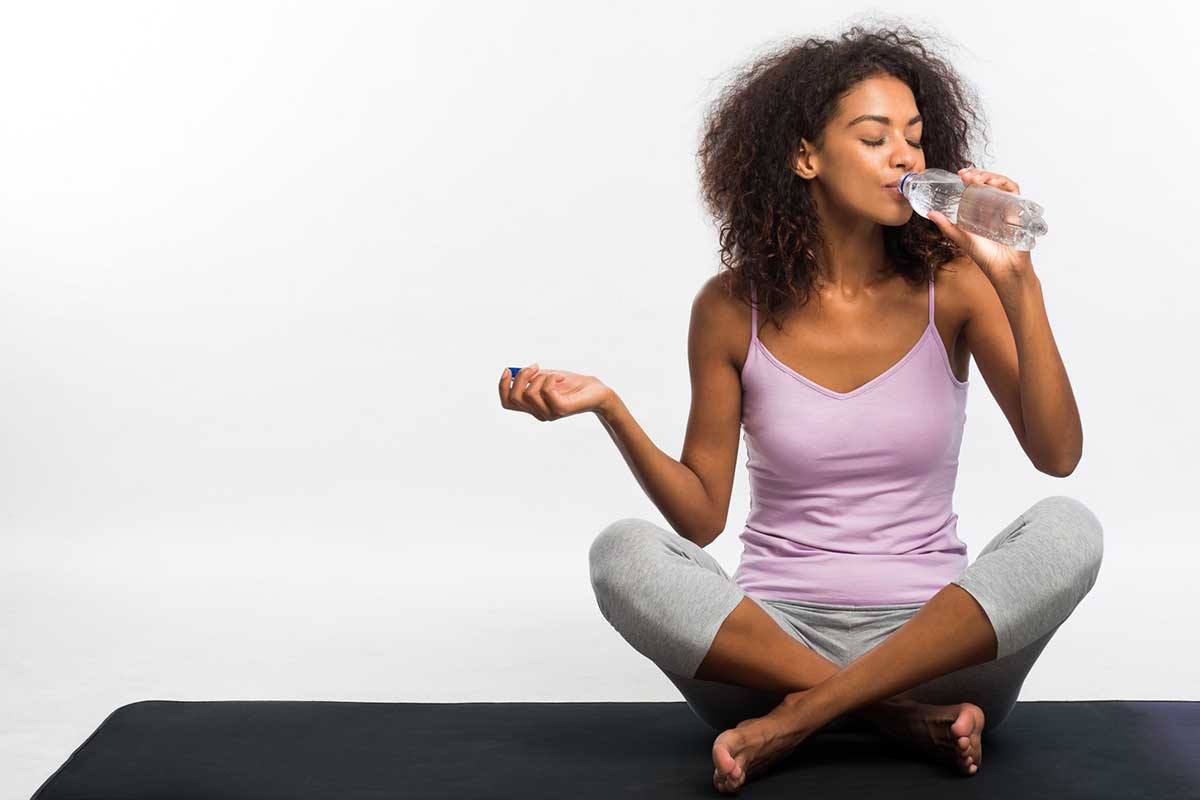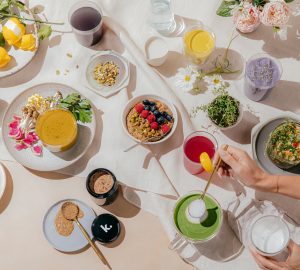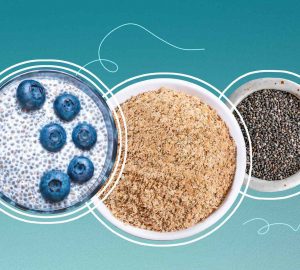Are you drinking enough water? Can one drink too much water? Some swear by eight glasses of eight ounces of water per day to stay healthy and hydrated. Others say more, and others say less, how does one know how much to drink? What information can one access that has been scientifically tested and proven, and what is pseudoscience? The truth is, many people are not knowledgeable on the correct daily intake of water, and worse yet they are being told information that has no scientific backing. So then, the question remains, how much water should one be drinking? The answer? It depends…
A study done by Heinz Valtin tests the validity of the 8 x 8 routine for daily water intake. With comprehensive search of literature, Valtin has emerged empty handed; there is yet to be a traceable recommendation of the 8 x 8 rule based on solid scientific evidence. Digging deeper into the legitimacy of the 8 x 8 recommendation, Valtin does more research to uncover data. A study conducted by the United States Department of Agriculture reveals that the average person was consuming near, at, or above the eight by eight ounces of fluid per day since the 8 x 8 recommendation has been popularized. Yet this is still not enough because the average ingestion of fluids included coffee, tea, juice, milk, mild alcoholic beverages and other liquids, not solely water. Excluding the amount of fluid dictated as invalid, people were only consuming around half the water the 8 x 8 routine is recommending. Are we to consume extra water on top of all the fluids we already intake?
Are you being unhealthy by not consuming eight glasses of eight ounces of water per day? In short, probably not. As of late there has been no scientific reports that conclude that we must consume eight glasses of eight ounces of water per day. Is there scientific evidence that we should not drink this much water? There is highly suggestive evidence, but no proof. There are publications that state the opposite of the 8 x 8 recommendation, and drinking that much water could possibly be harmful. The 8 x 8 recommendation can make one feel guilty for not reaching the amount of water ‘needed’, can induce hyponatremia, and exposure to pollutants in the water. However, one should know when they are dehydrated. In some instances, a way of monitoring hydration levels is to keep track of urine color and volume. To be very laymen, the more pale or clear urine is, the better one’s hydration levels. The darker urine appears, the more one should consider drinking water to rehydrate.
Valtin has found no scientific proof that one must drink at least eight glasses of water a day, nor proof that drinking less does unquestionably no harm. However, the published data accessible as of now strongly suggest that we are probably drinking enough, and possibly even more than enough water (under most circumstances).
These recommendations are concerned with fluid intake for healthy adults who live in a temperate climate, and perform mild exercise at most. People who live in warmer climates or participate in higher intensities of physical activity will undoubtable need to consume more water than someone who is sedentary.
Staying properly hydrated is crucial for overall health and well-being. Here are some practical tips to help ensure you drink enough water daily:
- Set a Daily Goal: Determine your daily water intake goal based on factors like age, weight, and activity level. A common recommendation is to aim for about 8 cups (64 ounces) of water per day, but individual needs may vary.
- Carry a Water Bottle: Keep a reusable water bottle with you throughout the day. Having water readily available will encourage you to sip on it regularly.
- Use a Timer or App: Set reminders on your phone or use a hydration app to alert you to drink water at regular intervals. This helps establish a routine and prevents forgetfulness.
- Start Your Day with Water: Kickstart your morning by drinking a glass of water as soon as you wake up. It helps rehydrate your body after a night’s sleep.
- Drink Before Meals: Have a glass of water before meals. Not only will this aid digestion, but it also ensures you’re getting some water in, especially if you’re prone to forgetting during mealtime.
- Infuse Your Water: If you find plain water boring, add natural flavors by infusing it with fruits like lemon, cucumber, berries, or mint. This can make drinking water more enjoyable.
- Set Water Goals at Work: If you have a desk job, place a water bottle on your desk and challenge yourself to finish it before lunchtime and refill it in the afternoon.
- Create Habits: Link drinking water to specific habits, such as taking a sip after using the restroom, during TV commercial breaks, or while waiting for your coffee to brew.
- Track Your Intake: Keep a water journal or use a hydration tracking app to log how much water you drink daily. Monitoring your progress can be motivating.
- Replace Other Drinks: Whenever possible, choose water over sugary drinks or excessive caffeine. Gradually reducing your intake of these beverages can lead to healthier hydration habits.
- Consume Water-Rich Foods: Eat fruits and vegetables with high water content, such as watermelon, cucumber, oranges, and celery. These foods contribute to your hydration needs too.
- Hydrate During Exercise: Drink water before, during, and after workouts to replenish fluids lost through sweat.
- Drink Small Sips Throughout the Day: Avoid chugging large amounts of water at once. Instead, sip water consistently throughout the day for better absorption and hydration.
- Track Your Progress: Celebrate your success as you make progress towards your hydration goals. Positive reinforcement can help you stay committed.
Remember, everyone’s water needs are different, so adjust these tips to suit your individual lifestyle and preferences. By making a conscious effort to prioritize hydration, you can maintain optimal health and well-being.
Author Bio – Kevin Schultz
I am a twenty-year-old student who is in the Personal Fitness Trainer Program at the Northern Alberta Institute of Technology. I believe health fitness are my passion, and I receive the most joy in life by helping others. I love to write, film, drive, and hangout with friends. I have struggled in the past with finding joy in life, but by getting the correct professional attention and surrounding myself with people who are uplifting, supportive, happy, and caring, I have renewed my love for life. I hope to keep pushing forward and pursuing whatever makes me happy. I encourage all to do the same. Try and you might conquer, give up and you will not.








